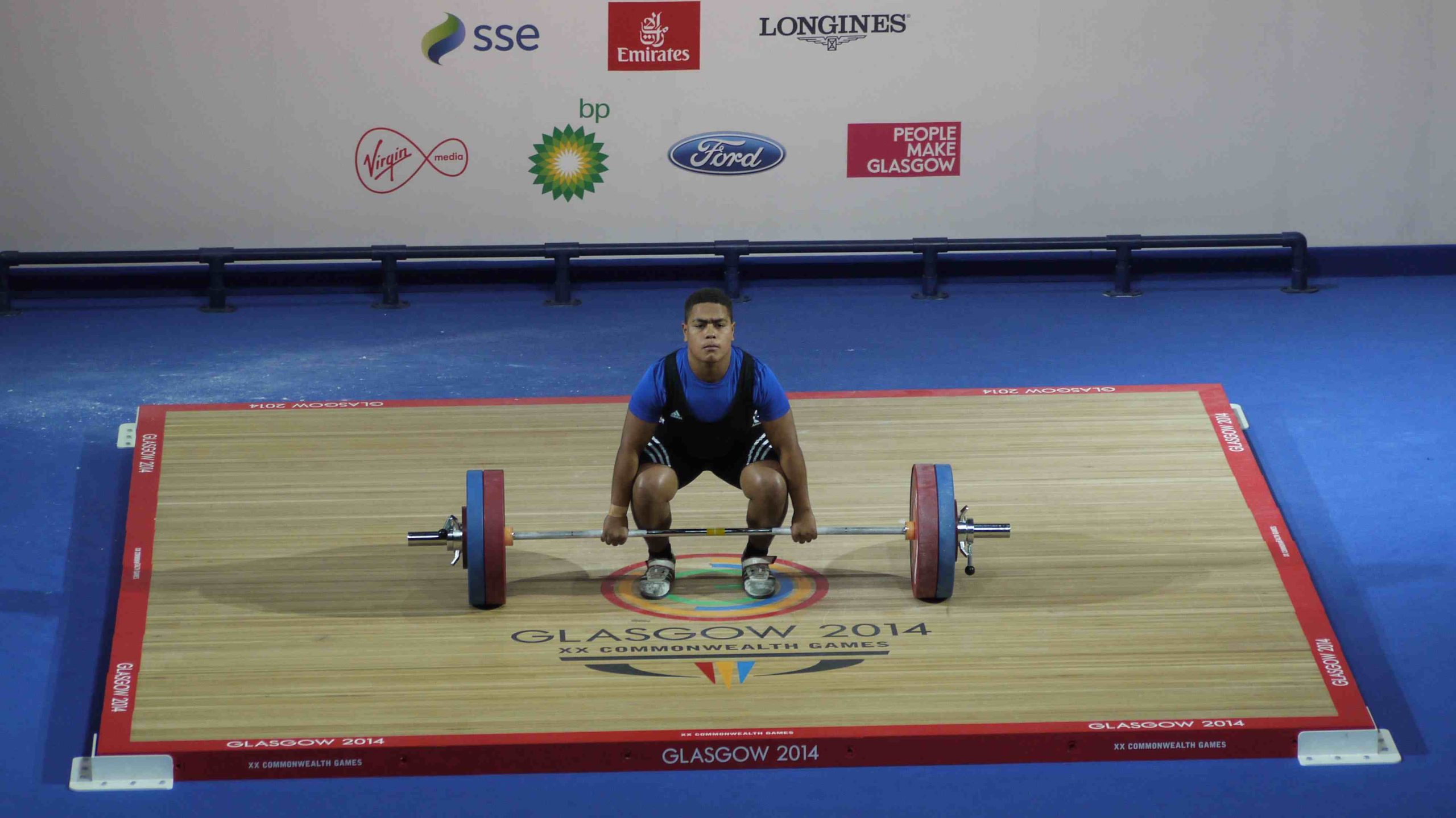Fiji made a triumphant return to the Commonwealth Games in 2014, following its suspension from the Commonwealth of Nations after the 2006 military coup.
The 2014 Games in Glasgow not only marked Fiji’s re-entry into international sports but also reignited the nation’s competitive spirit on a global stage.
After an eight-year absence, Fiji fielded athletes in six sports: athletics, judo, lawn bowls, shooting, swimming, and weight-lifting. The highlight of Fiji’s campaign came on July 29, 2014, when Apolonia Vaivai earned a bronze medal in the women’s 75 kg weight-lifting event. Her achievement inspired a new generation of Fijian athletes, proving that the nation could not only compete but succeed at the highest levels.
Now, 12 years later, Fiji’s athletes are preparing for another opportunity to make their mark as the Commonwealth Games return to Glasgow in 2026.
Glasgow 2026: A scaled-down, efficient event
The 2026 Commonwealth Games will differ significantly from the 2014 edition. Glasgow stepped up to host the event again after Victoria, Australia, withdrew due to financial concerns. However, this iteration will be more streamlined, reflecting the economic challenges that have affected the Games in recent years.
According to the Commonwealth Games Federation (CGF), the 2026 Games will feature just 10 sports, compared to 17 in 2014. Athletics and swimming are confirmed as the two compulsory sports, while the full lineup is yet to be finalised. This scaled-down version is part of the CGF’s effort to create a sustainable and cost-effective model for future Games. Despite the reduction, the focus remains on delivering high-quality competition for athletes and an enjoyable experience for fans.
Venues and logistics
Several iconic venues from the 2014 Games will be reused in 2026, including Scotstoun Stadium for Athletics and the Tollcross International Swimming Centre for Aquatics. These facilities, already proven as world-class, will provide athletes with top-tier settings for their events.
One of the major changes for 2026 will be the absence of a dedicated Athlete’s Village. Instead, athletes and officials will be accommodated in hotels across Glasgow, following the model used during other major events like the COP26 climate conference and the 2023 UCI Cycling World Championships. This approach aligns with the CGF’s goal to minimize costs and enhance sustainability.
Fiji’s Commonwealth Games legacy
Reflecting on the 2014 Games, Lyndall Fisher, Sports Development Manager at FASANOC and chef de mission for Fiji’s contingent that year, said, “Glasgow 2014 was a significant moment for Fiji, especially after the ban on international sports.
“It laid the platform for our success at the 2016 Olympic Games.”
The legacy of those Games remains strong, and the upcoming Glasgow 2026 event offers another opportunity for Fijian athletes to build on that success. With athletics and swimming confirmed, Fiji will be looking to field competitive teams, particularly in these areas where new talent has been emerging.
Excitement is already growing within Fiji’s sports community. FASANOC, as the Commonwealth Games Association, awaits final details on the dates and sports lineup, with preparations underway to select the nation’s best athletes.
Fiji’s recent success in hosting the Commonwealth Weightlifting Championships held in Suva, where the country secured medals in the youth, junior, and Senior categories, bodes well for the future.
Should weight-lifting be included in the 2026 Games, Fiji will be poised to perform strongly.



